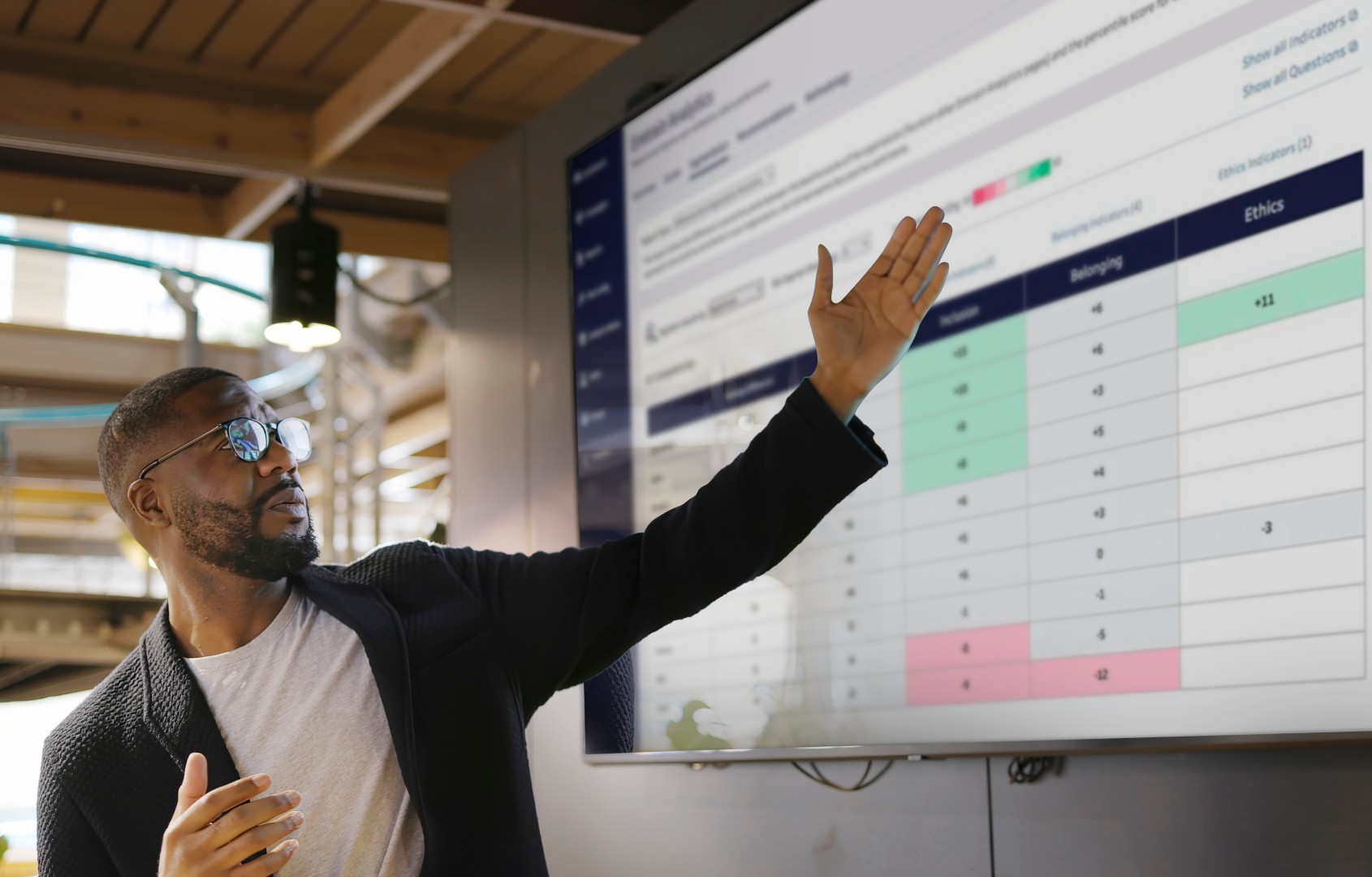Why Workplace Skills Are Just As Important As Career Skills
People prepare for their careers by developing and practicing the skills related to their domain. Marketers practice writing; salespeople practice the challenger sale; software developers practice coding, etc. Sometimes, people learn a second set of skills when they take on a management or leadership role. These skills support the ability to manage a team or lead a department.
Working on a team with different sorts of people also requires skill. At least it does if you want a healthy workplace culture. So what do workplace skills entail? Workplace skills support the ability to be respectful and inclusive and make good ethical decisions. These three skills, working in tandem, create a healthy workplace culture that benefits recruitment, retention, and productivity. But these three skills don’t just happen. They actually take intention, practice, and development. When you deliberately cultivate those skills, that’s culture competency.
Core Culture Competency Skills at Work
Let’s start with being respectful. It sounds pretty simple and it’s easy to think that any decent person could easily be respectful with co-workers. But that’s a bit simplistic. What happens when a “decent” person is stressed and out of patience? Or letting off steam with co-workers after work? Or is socially unaware of context and people’s reactions to their comments?
There are plenty of “decent” people that act disrespectfully—sometimes unknowingly; sometimes carelessly; sometimes recklessly. People need to be consciously respectful when they interact with co-workers. Consciously respectful means we learn how to be patient and not react to difficult situations. Instead, we shift our perspective and see the situation through another person’s lens.
What about the ability to be inclusive? Again, being consciously inclusive means we slow down; rely on a neutral framework to help us make better workplace decisions, and make an effort to switch our perspective to see a situation from another person’s shoes. This sounds easy, but it’s not. It takes practice. And just because you’re a smart person with good intentions doesn’t mean you’re automatically inclusive.
How about making ethical decisions? When people are emotional and excited at a personal benefit or scared about a negative situation, then anyone can rationalize anything! Any of us can tell ourselves a story that supports an intended decision—no matter how unethical.
What about when a good person finds a great business opportunity that benefits them personally, but not necessarily their employer? Or when a good person is on the verge of getting fired and is motivated to “fudge” facts a bit to keep their job a little while longer? Our emotions control our actions so much of the time and sometimes, those emotions are counter-productive to a healthy workplace culture. So the ability to make good, ethical decisions comes from slowing down; identifying whether we have any personal motivations influencing our decision (either positive or negative), and then using a neutral framework to help us make better workplace decisions.
Making ethical decisions is a conscious, practiced skill… it’s not just an innate characteristic of “good” people. The same applies to inclusion and respect. Yet organizations predominantly treat these skills as rules that people can quickly absorb in order to comply with organizational values. That’s the wrong approach with the wrong intention, driven by lawyers whose main intention is to prevent and defend litigation—not to develop workplace skills. Your intention drives results and when your intention is risk management, you don’t build skills. But these are skills in the same way people have management skills. Yes, you can read a book and theoretically understand the concepts… but it takes ongoing practice to become competent in these areas. That’s what employees and organizations need—cultural competency.
Developing Your Culture Competency Takes Intention and Practice
These are not innate abilities. Just because you are a well-intentioned person doesn’t mean you will be a great member of the workplace. That’s why culture competency requires developing essential workplace skills that require practice over time. Sure, some people may be more intuitive than others. But even if you intuitively have the right approach, it’s not the same as intentionally developing these skills and consciously putting them into use each day.
When we work with others, it’s our job to develop our workplace respect, inclusion, and ethics skills so each one of us can actively create a healthier workplace culture. Over the next few weeks, I’ll be sharing my perspective on how to build your own culture competency or set of workplace skills, and which sensitive workplace situations are good practices to develop these essential skills.
If you’d like to learn more about how to create a healthy, inclusive and respectful workplace culture across the employee experience, contact us!








